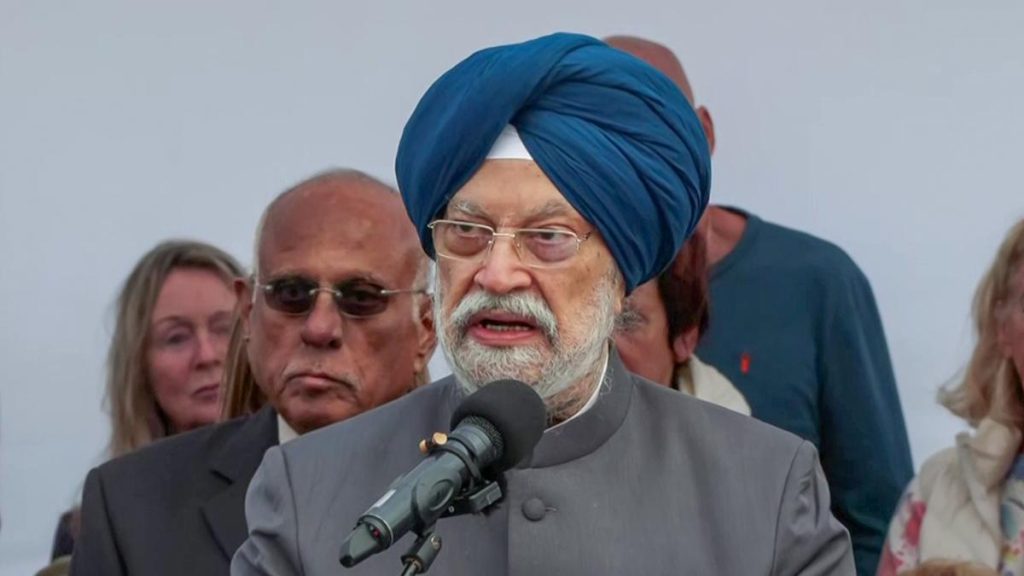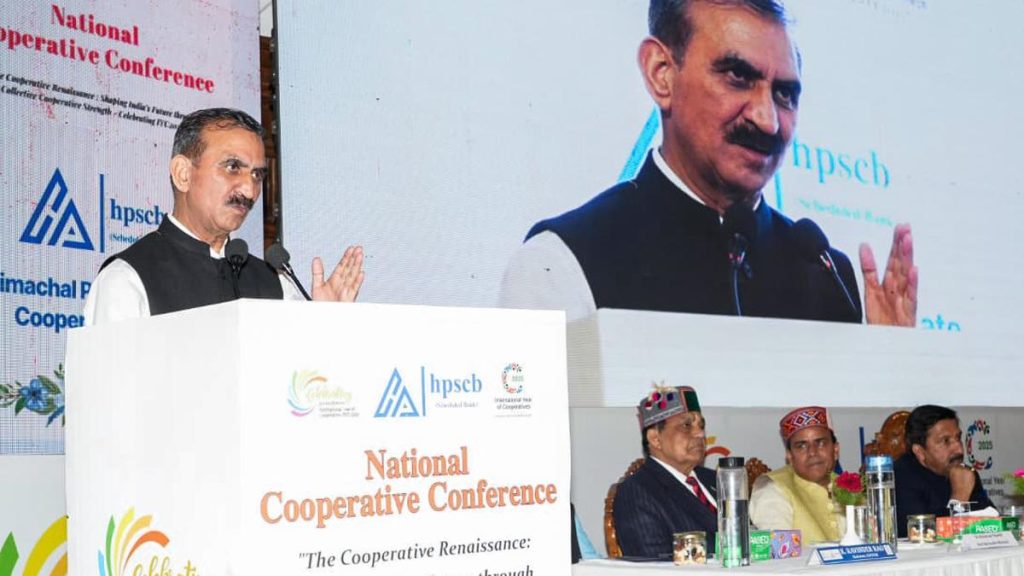Now Reading: Supreme Court Flags Arbitrariness in 2025 Waqf Law Despite Good Intentions
-
01
Supreme Court Flags Arbitrariness in 2025 Waqf Law Despite Good Intentions
Supreme Court Flags Arbitrariness in 2025 Waqf Law Despite Good Intentions
rapid Summary
- The Supreme Court ruled against certain provisions of the Waqf (Amendment) Act 2025, calling them “prima facie arbitrary” and unconstitutional.
- Provisions allowed government officers to label Waqf properties as encroachments on public land without prior notice or fair inquiry, violating the constitutional right to property.
- The Court stayed Section 3C(2),(3),and (4),keeping the status of disputed Waqf properties intact until decided by a Waqf Tribunal subject to further High court orders.
- Officers were previously empowered to alter revenue records and classify Waqf properties as government assets unilaterally.
- Mutawalli managers barred from alienating such properties during disputes; this ensures fairness until proper adjudication occurs.
- Minority rights for religious observances in protected monuments were assured by the judgment.
- Tribal community lands received protection from encroachments through statutory measures clarified in court rulings.
- Section 104 of the older law was indirectly revived by enabling non-Muslims to create trusts that serve purposes traditionally associated with Waqfs.
- Judgment affirmed that property rights remain a legal but essential “human right” under Article 300A.
Indian Opinion Analysis
The Supreme Court’s decision reflects its ongoing commitment to safeguarding individual property rights against legislative overreach while ensuring procedural fairness in resolving disputes over public versus private ownership. It recognized that unchecked power vested in administrative authorities can lead to arbitrary deprivation of basic protections guaranteed under India’s constitutional framework, such as due process.
This ruling carries meaning not only for preserving minority-managed institutions like schools or hospitals but also for setting a precedent about maintaining judicial oversight above unilateral bureaucratic actions. Furthermore,balancing tribal land protections with religious community interests demonstrates an inclusive approach rooted in justice rather than political expediency.The restoration and protection provided against lapses are crucial but may require lawmakers redefining accountability mechanisms within governance frameworks as prolonged inquiries could still burden stakeholders dependent on these lands institutionally or socially.
























